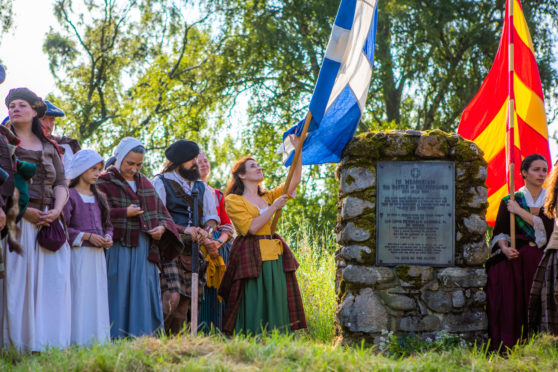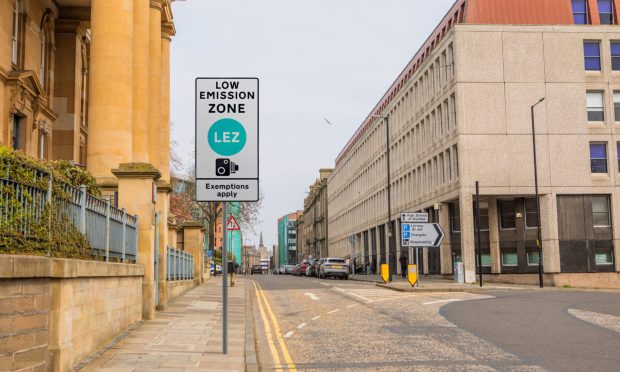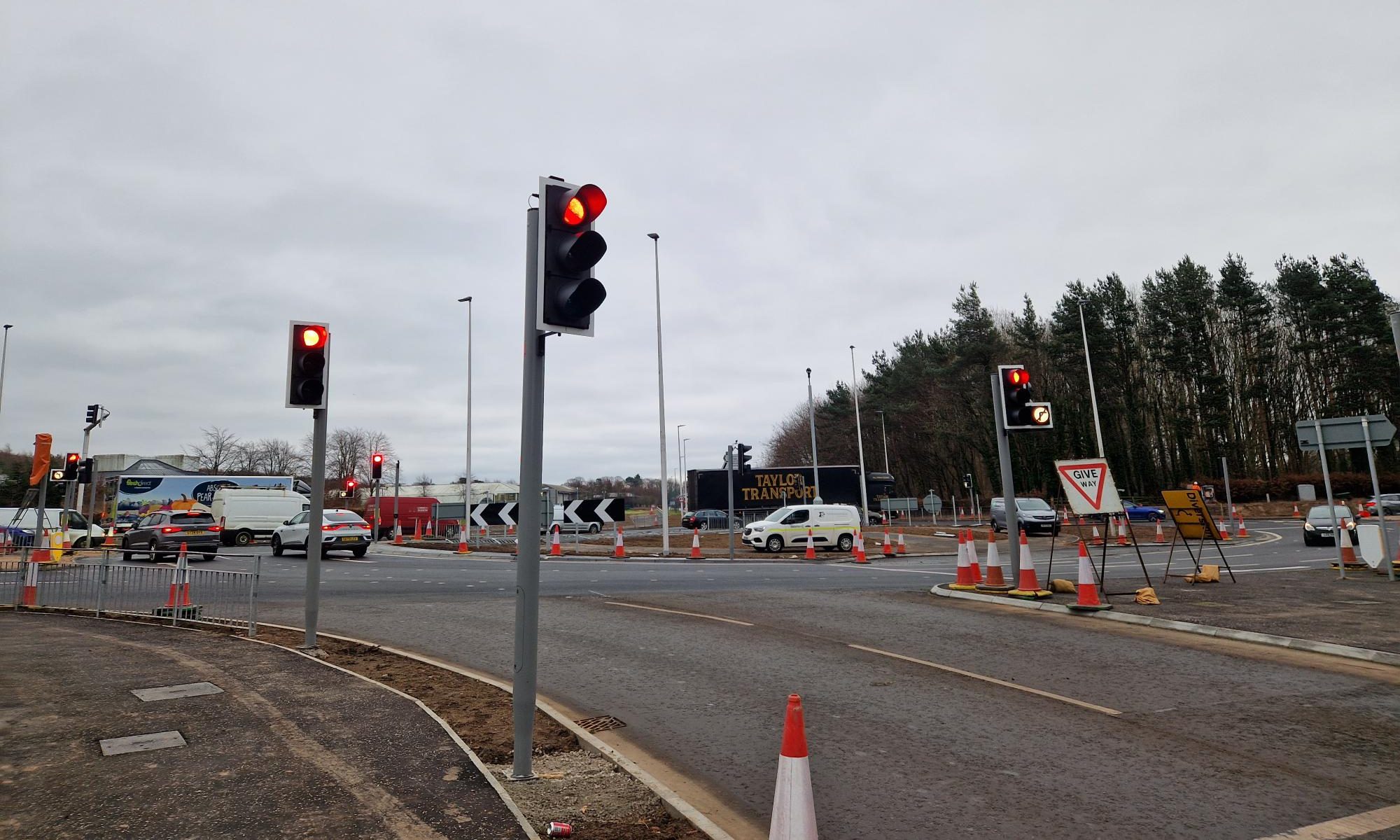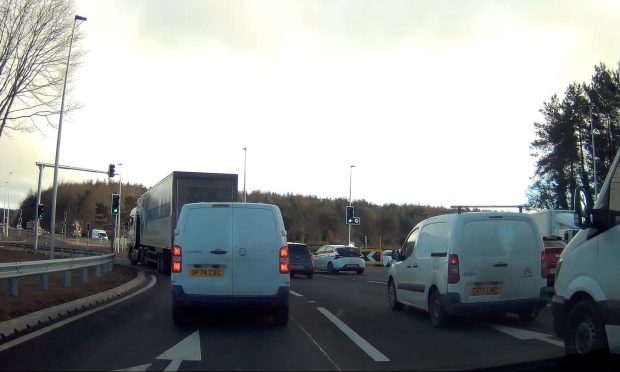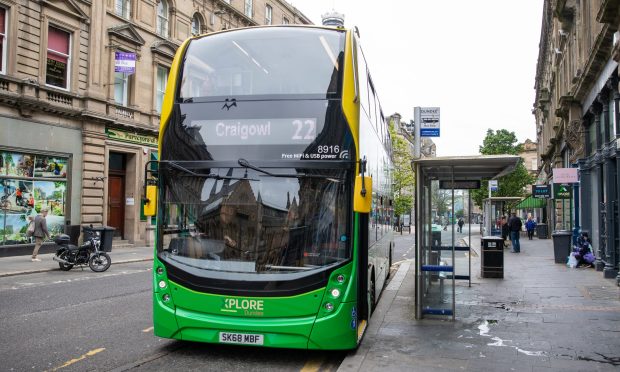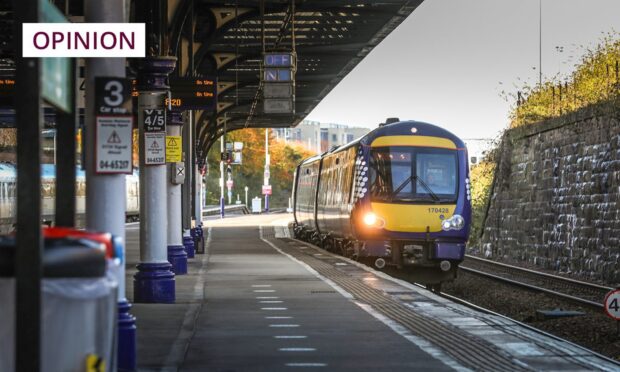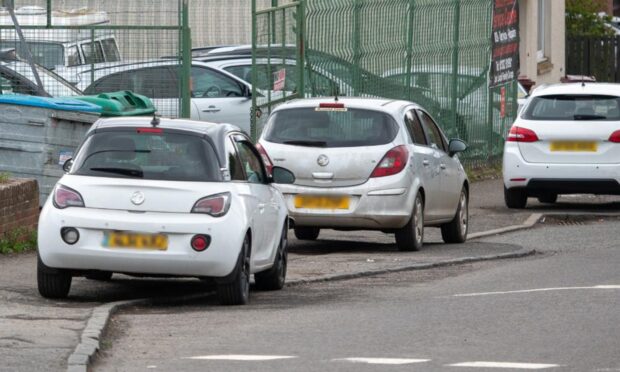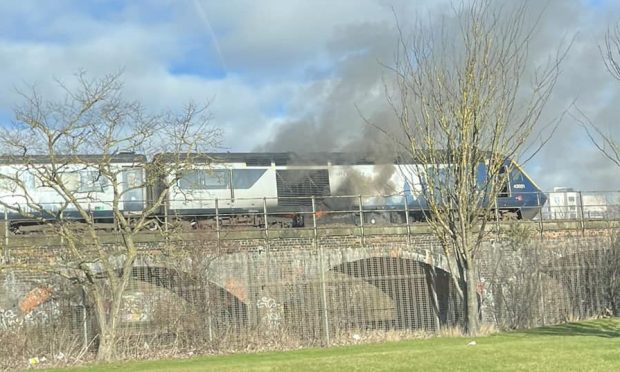Campaigners are making a last ditch plea to the Scottish Government to rethink its £3 billion A9 dualling scheme, amid fears it will destroy the scene of an ancient Jacobite clash.
A public inquiry exploring how plans for the trunk road will impact on the Battle of Killiecrankie site got under way on Monday.
The hearing at Pitlochry Fesitval Theatre is expected to last for two weeks, and will look at many concerns about the widened A9, including its effect on tourism and residents.
The biggest bone of contention however is the old battleground at Killiecrankie, where nearly 3,000 lives were lost during clashes between Government troops and Jacobite forces in 1689.
The A9 already runs through the battle site, but campaigners fear widening the road will cause “irreparable and irreversible” damage.
Historian Graeme Millen is among those who objected to Transport Scotland’s proposal.
“The battle of Killiecrankie has had a long history of neglect within Scottish and British historiography,” he said.
“Killiecrankie saw the first shot fired in the Jacobite wars in Scotland. It should thus hold the same importance as the Culloden battle site, which has significantly more protection.”
Mr Millen added: “Killiecrankie is a critically undervalued site in Scotland’s history and has been so for far too long. The proposed project would daage the site further and thus damage our chances of understanding it further… It must be preserved for future generations.”
Michael Nevin, chairman of the 1745 Association – a voluntary group set up to study the Jacobite age – said: “We are respectively asking the Scottish Government Reporter to consider all feasible options for the A9, not just those put forward by Transport Scotland, in order to avoid irreparable and irreversible damage to one of Scotland’s most important battlefield sites.”
He said: “At Killiecrankie, a far more cost-effective option would involve maintaining the existing single carriageway, adding a lay-by together and enhancing battlefield interpretation to encourage passing travellers by bus, coach and car to pause and reflect on an important moment in Scottish history.”
Transport Scotland said it was aware of the “sensitivities” around the battlefield, and had been in negotiations with local groups since 2012.
A spokewoman said: “Ultimately, following detailed consideration of all objections made but not withdrawn, the Reporter will provide recommendations to the Scottish Ministers for their determination.”
